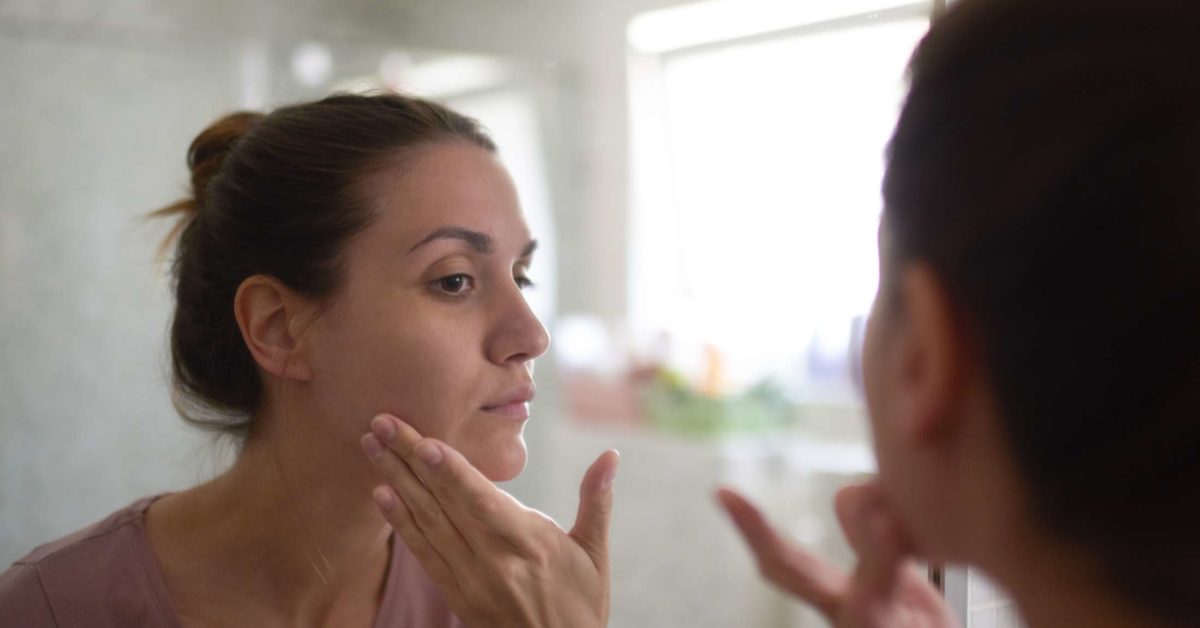BDD is not body dysmorphia
Though BDD can take many forms, it is not body dysmorphia, a term that is often used but does not capture the significance of BDD, according to both Stern and Phillips.
"Body dysmorphia is a colloquial, non-clinical term that is sometimes used to refer to body dysmorphic disorder but is also sometimes used to refer to more common and not necessarily problematic body image concerns," said Phillip, noting the term "body image dissatisfaction" is more appropriate to use than body dysmorphia when describing body image concerns. สล็อตทดลองเล่นฟรี
Stern said that as someone who suffers from BDD, using the correct term for the disorder is critically important.
"I've heard so many people say, 'But everybody has body dysmorphia,'" she said. "And when I think about my own struggles, I don't think everyone just sits in a house for a month ... because [they] can't function optimally."
Stern continued, "People with BDD can feel minimized and feel like other people don't truly understand what this is."
Body dysmorphic disorder is often misdiagnosed
People of all ages can be affected by BDD, but for two-thirds of people it begins in early adolescence, before the age of 18.
Because BDD symptoms in adolescence are often considered just a "normal phase," people can go for years or decades without being diagnosed, according to Phillips.
People can also often go for years without a mental health diagnosis because they seek the wrong kind of treatment, Phillips noted.
"Because most people with BDD are mostly or completely convinced that they look ugly or abnormal -- even though they don't -- a majority seek and receive cosmetic treatment, such as dermatologic treatment or surgery," she said. "This is unfortunate, because cosmetic treatment virtually never improves BDD and can even make it worse -- sometimes much worse."
In other cases, people with BDD may seek out mental health treatment but not specifically address their preoccupation with their perceived physical appearance, whether because of stigma or lack of awareness.
"I never felt the need to share that I felt that I was ugly, that I felt that I was disgusting, that I felt my skin was repulsive and that I couldn't go out of my house," Stern said of her own experience. "I thought I was ugly and I wasn't enough, and so I never realized that I was dealing with a psychiatric issue."



 LinkBack URL
LinkBack URL About LinkBacks
About LinkBacks

 Reply With Quote
Reply With Quote